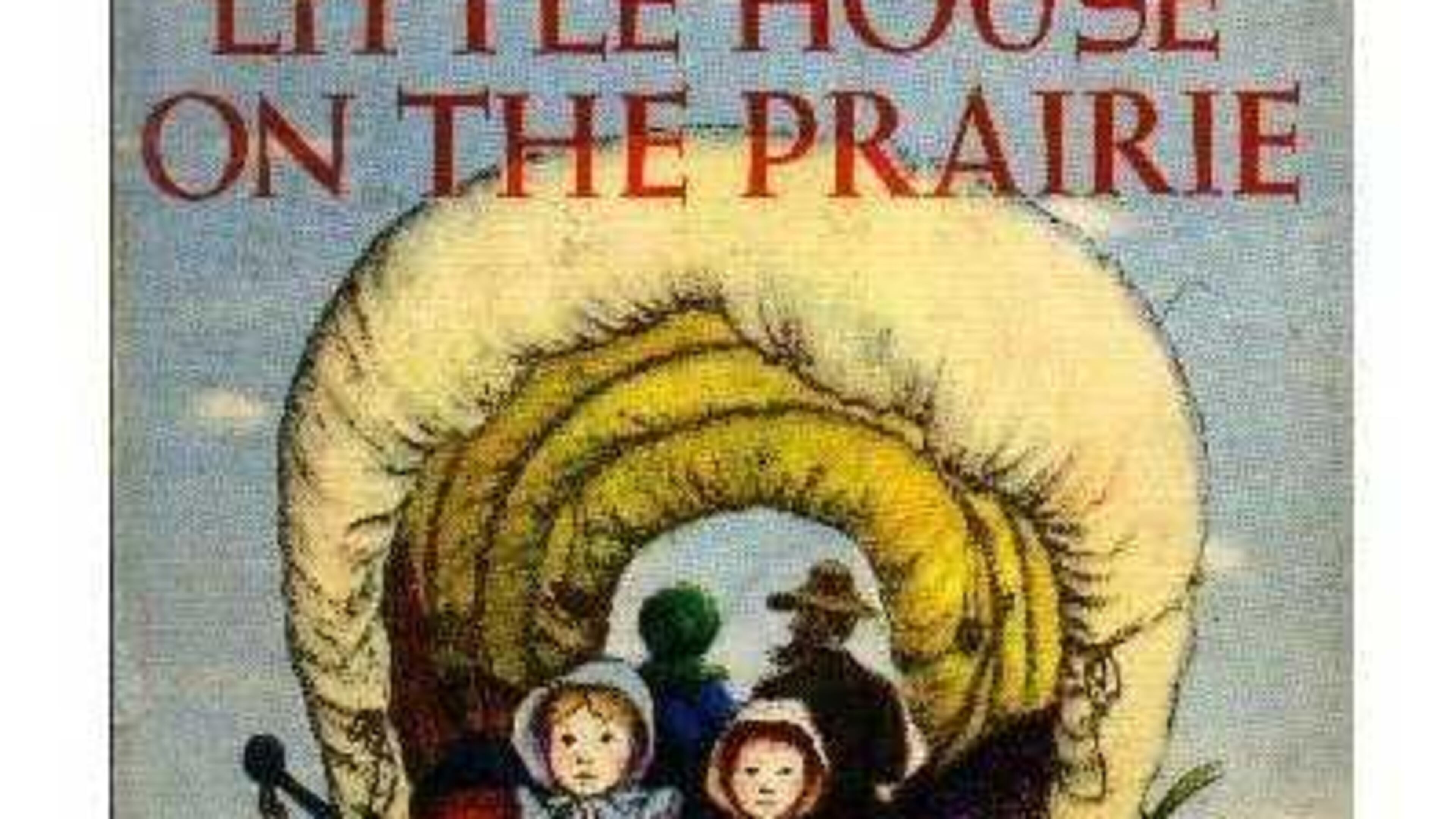Should we judge yesterday’s classics by today’s standards?

AJC.com has an excellent story that is worth discussing. The article by Washington Post writer Meagan Flynn deals with a decision to strip author Laura Ingalls Wilder's name from a longstanding children's book award because of racism in her series about growing up on the Great Plains.
In 1935, Wilder wrote the semi-autobiographical “Little House on the Prairie” books about her family’s experiences moving west and portrayed Native Americans as less than human.
The news story says it was first brought to the publisher’s attention in 1953 that the opening chapter talks about the character of “Pa” longing to move his family to the vast American plains “where the wild animals lived without being afraid," where "the land was level, and there were no trees." And where "there were no people. Only Indians lived there."
Flynn writes:
Harper's who received the reader's complaint wrote back saying it was "unbelievable" to her that not a single person at Harper's ever noticed, for nearly 20 years, that the sentence appeared to imply that Native Americans were not people, according to a 2007 biography of Wilder by Pamela Smith Hill. Yet Harper's decision in 1953 to change "people" to "settlers" in the offending sentence did little to quell the critics in later decades, who began describing Wilder's depictions of Native Americans and some African Americans — and her storylines evoking white settlers' manifest-destiny beliefs — as racist.
Faced with complaints over the years about anti-Native American references in Wilder’s books, the Association for Library Service to Children voted Saturday to eliminate Wilder's name from the award.
As the story states:
In its decision to remove Wilder's name from the award, the library association had cited "anti-Native and anti-Black sentiments in her work" when it announced the review of Wilder's award in February. The award, reserved for authors or illustrators who have made "significant and lasting contribution to children's literature," will no longer be called the "Laura Ingalls Wilder Award." It's now the "Children's Literature Legacy Award."
In a brief statement, the association said: "This decision was made in consideration of the fact that Wilder's legacy, as represented by her body of work, includes expressions of stereotypical attitudes inconsistent with ALSC's core values of inclusiveness, integrity and respect, and responsiveness."
The story is drawing reader comments about the PC police run amok and how it’s wrong to apply 21st century standards to less enlightened eras. But I would venture none of the commenters is Native American and had to listen to this line from the book being read aloud in class: “The only good Indian is a dead Indian.”
As the news story reports:
The book includes multiple statements from characters saying, "The only good Indian is a dead Indian." In 1998, an 8-year-old girl on the Upper Sioux Reservation was so disturbed after hearing her teacher read the statement aloud in class that she went home crying, leading her mother to unsuccessfully petition the school district to ban the book from its curriculum.
I get emails from readers now and then about an anti-Christian or anti-conservative bent in today’s classrooms, and it is typically subtle stuff about which they are upset. A teacher tells her class she did not vote for Trump. A father alleges a history lesson wrongly blames Christian missionaries for undermining indigenous cultures. And, of course, there is the frequent protest that schools are off base in insisting the Civil War erupted over slavery.
My guess is there’d be an uptick in such emails if white children came home from school and reported reading a book in which characters insist, “The only good white is a dead white.”
The discussion about “Little House” and its treatment of Native Americans echoes the debate abound the use of the N-word in such classroom classics as “Huckleberry Finn" and "To Kill A Mockingbird," both of which persist on school reading lists. Parents have made strong arguments against the classics, saying the portrayals are not countered by books showing African-Americans as leaders and heroes.
As a high school teacher told me a while back, we are inconsistent in what slurs we’re willing to tolerate in the cause of literature. She said she could never teach a book in which a woman was repeatedly called the C-word. Her school would not allow it.
Your thoughts?



